Hero Chernobyl engineer who ‘could no longer cope with treatment’ due to radiation poisoning he suffered in 1986, jumps 45 meters to his death from a Moscow balcony
A heroic engineer who helped mitigate the Chernobyl nuclear disaster took his own life in Moscow as he was no longer able to cope with the ravages of radiation poisoning.
Installation engineer Viktor Smakov, 75, jumped from a balcony on his high-rise residential building and fell 50 meters.
He was one of the first on the scene when reactor number four of the Soviet power plant exploded on April 26, 1986, and was a key witness to the horrors.
The nuclear poisoning he suffered while helping to reduce the damage caused by the power plant led to long-term health problems.
In a note to his family, he said that 37 years after the life-changing incident, he could no longer undergo the treatment to keep him alive.
Viktor Smakov, 75, (photo) was one of the first on the scene when Chernobyl’s fourth nuclear reactor exploded
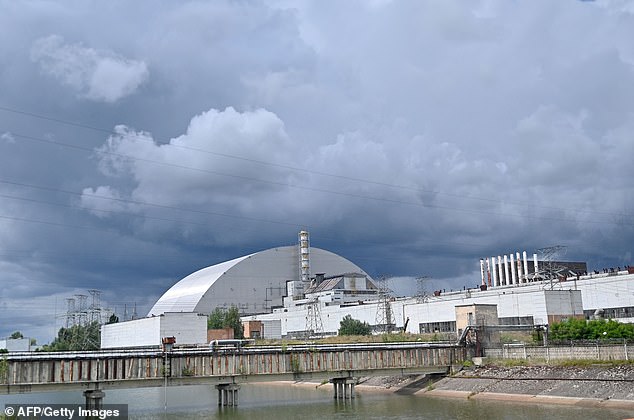
The tragedy had the potential to cause untold devastation for millions of people
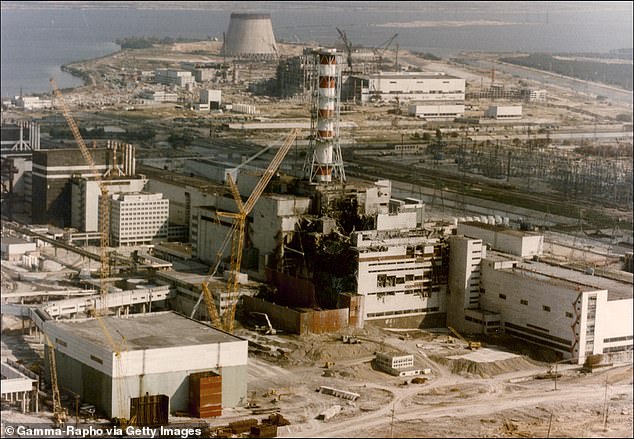
Hundreds of people suffered radiation poisoning after the disaster
The tragic note read: ‘My dear ones: Larisa, Dima and Sveta! Now it’s time to say goodbye.
‘Thank you very much for the years we lived together. It was luck. I’m sorry!’
In 1986, he rushed from his nearby home to his scheduled shift at the power plant as soon as the reactor exploded and began spreading radiation throughout Europe.
“People were fighting the fire inside the buildings,” he said in his memoir of the tragedy.
‘The most dangerous place was the turbine room, because a fire here is the worst thing that can happen to a station after a reactor explosion.
‘There was no panic, everyone just did their job.
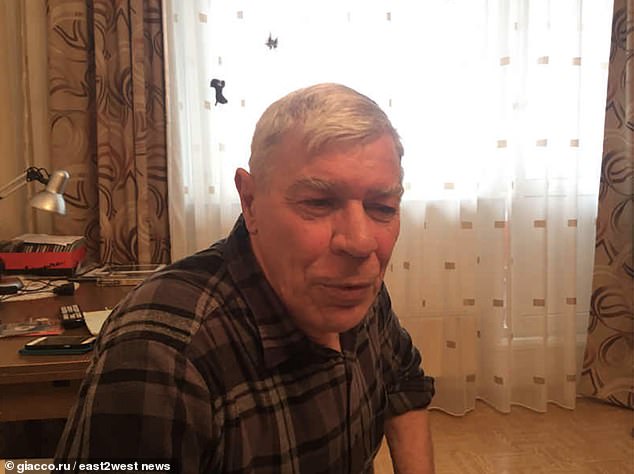
Viktor said he could no longer handle the radiation poisoning

Viktor got an administrative job in the Soviet Union shortly after the tragedy
‘Personnel extinguished the fire and disposed of oil in underground containers; electricians…release hydrogen.
“Many of those who saved the station were given lethal doses of radiation and subsequently died in hospital.”
The day after the explosion, the population of (heavily polluted) Pripyat was evacuated, ‘but the station was not allowed to be left unattended.
‘That’s why the staff lived in the city for a few more days.
‘The children were then transported to the Skazochny pioneer camp, which was further from the station.
“It is worth saying that after the accident almost no one stopped, although it was very scary.
‘Of the 5,000, a maximum of six to seven people fled.
‘And this despite the fact that everyone was professional and knew very well what radiation was.’
He hated the blame game in which ‘staff were blamed for everything’.
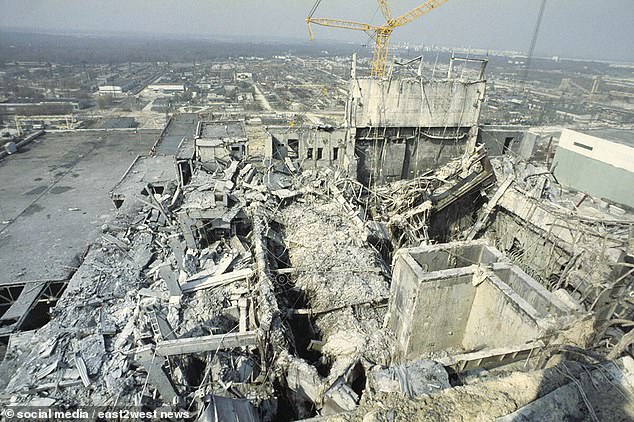
He said he hated how the power plant’s staff was blamed for its failure
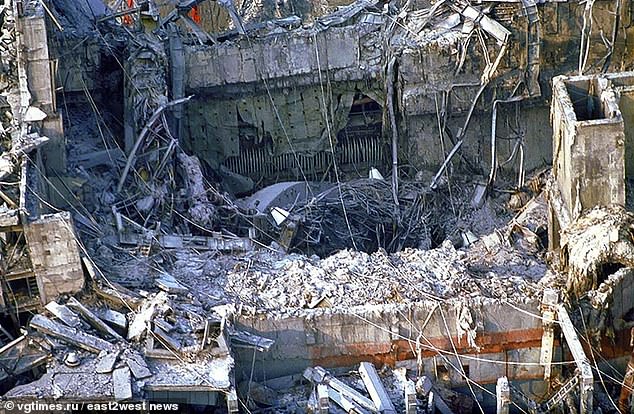
He received an award for his role in the cleanup
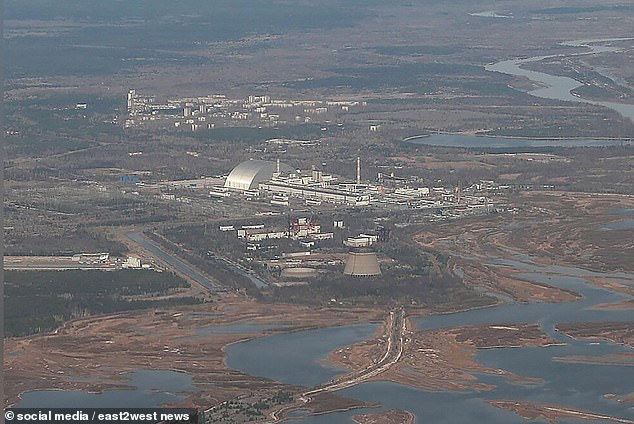
He rushed from his nearby home to his scheduled shift at the power plant as soon as the reactor exploded
“According to the official version, the workers decided to conduct tests at the power plant, despite the fact that the reactor was in an unsuitable condition for such work – with a power of 200 megawatts, instead of the required 700.”
He received an award for his role in the clean-up, but admitted: ‘This accident has obviously ruined everyone’s fortunes.
“I suffered from radiation sickness, I was given a stigma for life: a ban on working in areas with ionizing radiation, a ban on working at night, a ban on business travel and many more restrictions.”
Shortly after his work in Chernobyl, he got an administrative job at a Russian ministry.
